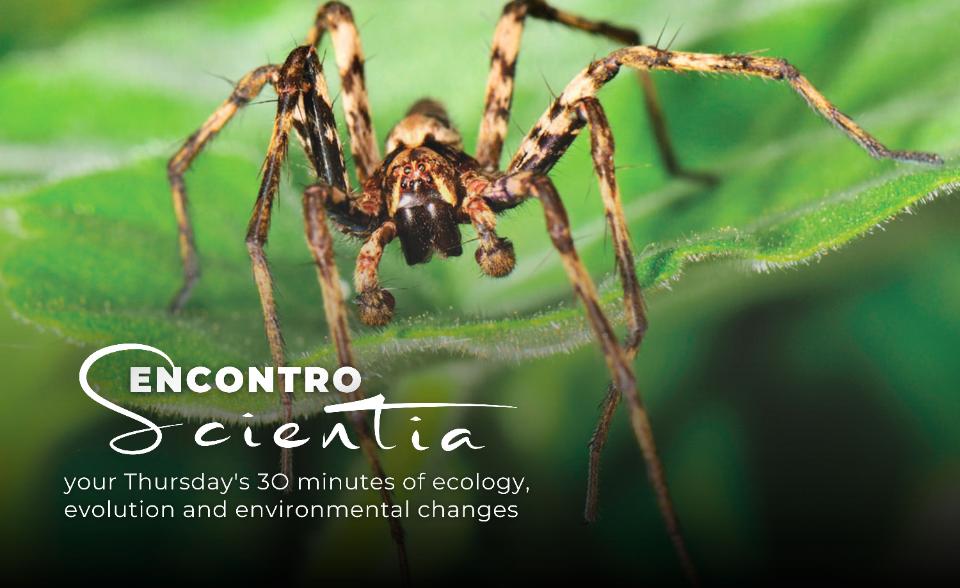-
Date:
14 Dec 2023
-
Location:
Online
-
Schedule:
12h00 (Lisbon time)
-
Lecturer or Responsible:
Guilherme Oyarzabal da Silva

Online access • LINK
Password • scientia
In oceanic islands, arthropods often constitute the vast majority of endemic species, facing numerous anthropogenic impacts through habitat degradation. Therefore, the MACRISK project aims to uncover the patterns and drivers behind the risks of extinction and invasiveness among arthropods in the Macaronesian archipelagos. We hypothesize that abundance trends of endemic, native non-endemic, and exotic arthropods as well as species IUCN threat levels could be explained by their functional traits. In this way, we used a Bayesian approach to, for instance, correlate body size, vertical stratum and habitat occupancy with losses and gains in species abundance over the last 20 years.
We found that the vertical stratum as well as inhabit natural and anthropogenic habitats can predict losses in abundance of beetles and spiders. Moreover, ground-dwelling species seem to be more endangered than canopy species. Along with the known islands extinction debts, land-use changes seem to be the main factor for abundance loss. We highlight that in an island context, even the most abundant species can also be threatened. In this way, conservation in oceanic islands should not be focused only in averting the extinction of endangered species but also the common ones.

